How Should Disney Approach This Shareholder Request?
Are you familiar with Arjuna Capital? The company garnered headlines a few weeks ago due to an uncomfortable situation at Microsoft.
Arjuna Capital led a shareholder revolt against the company, leading to a shocking vote.


Nearly 78 percent of shareholders voted in favor of more accountability at one of the most powerful corporations on this planet.
Ordinarily, activist investors like Arjuna Capital cannot persuade shareholders to enact such bold changes.


Image: Disney
That’s why we should all pay attention to a recent SEC filing regarding Disney. What is it, and how should Disney approach this shareholder request?
About the Filing
I won’t pretend to understand SEC filings, but a staggering percentage of my friends are attorneys.


So, I’ve gradually learned about the subject over the years. This particular filing grabbed my attention since it involves my favorite company, Disney.
Arjuna Capital would prefer that Disney honor a Pay Equity Report Proposal.
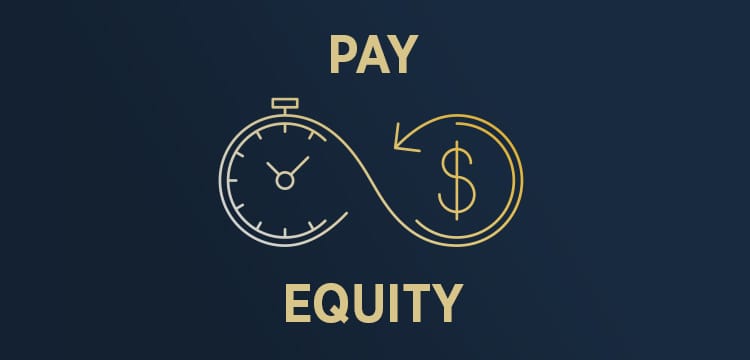

Here is the request in full:
“Shareholders request Disney report on both median and adjusted pay gaps across race and gender, including associated policy, reputational, competitive, and operational risks, and risks related to recruiting and retaining diverse talent.
The report should be prepared at reasonable cost, omitting proprietary information, litigation strategy, and legal compliance information.”
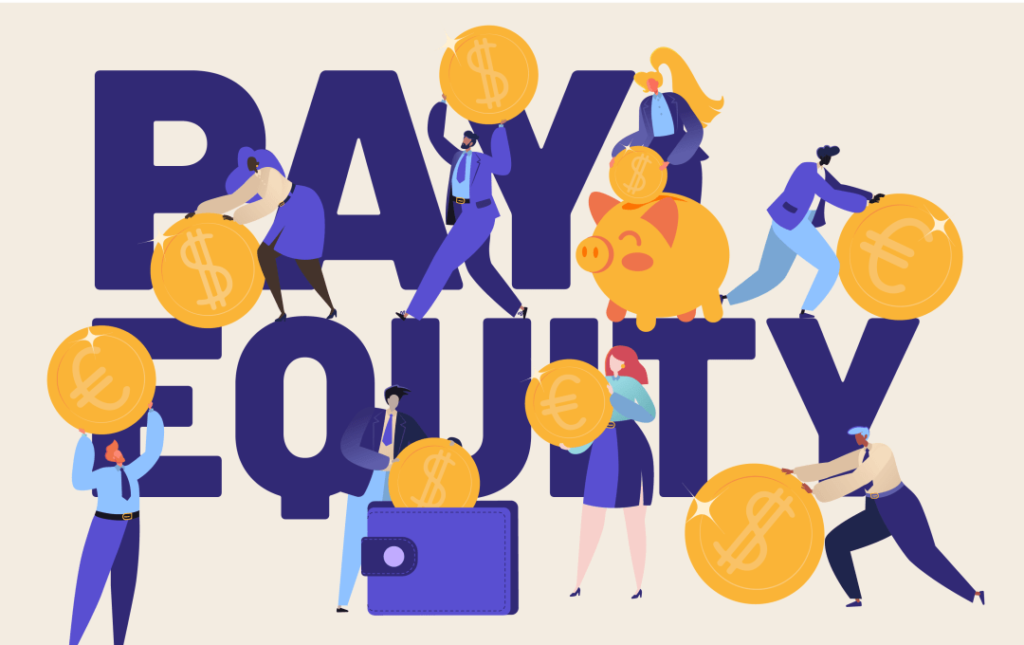

The filing notes that Disney currently lacks any sort of public record about racial or gender pay gaps.
By now, you’ve likely heard two of the quotes that Arjuna Capital mentions here.
One is that women somehow earn only 83 percent of the salary of men who perform the same job duties.


In other words, a woman earns $5.81 for every $7 a man makes…because sexism.
The statistics grow much more alarming when we consider the plight of African American women.


They earn only 64 percent of what white men make for the same job. That’s the equivalent of $16 for black women vs. $25 for white men.
Yes, Caucasian males gain 56 percent more income than African American females. That’s a problem.


However, those statistics apply to American society in general rather than to any specific company like Disney.
For this reason, many companies have introduced initiatives like the Pay Equity Report.
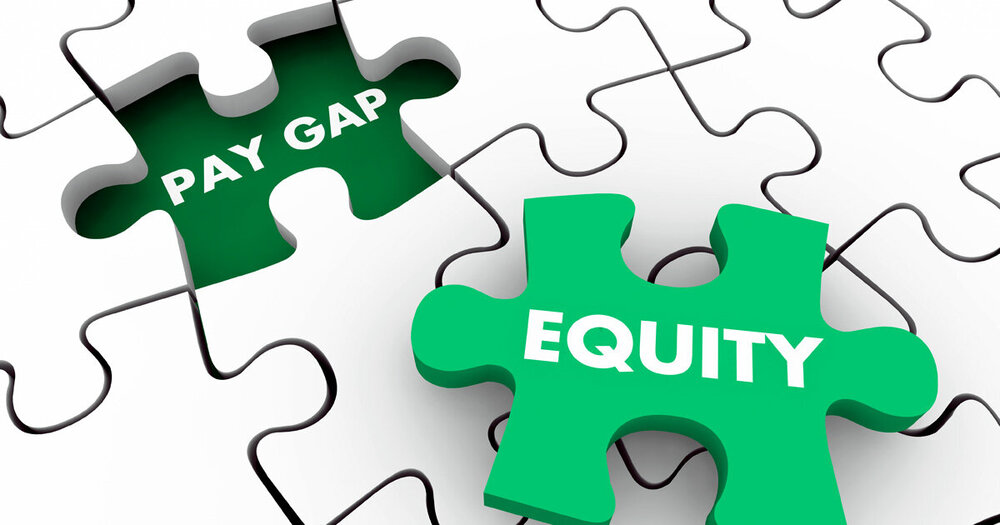
What’s Happening Here?
In the corporate world, businesses often ignore the complaints of a small subsection of individuals.
Their behavior changes once the media takes note of the mistakes and highlights the issues.
At that point, a public forum begins wherein people debate the merits of the behavior.
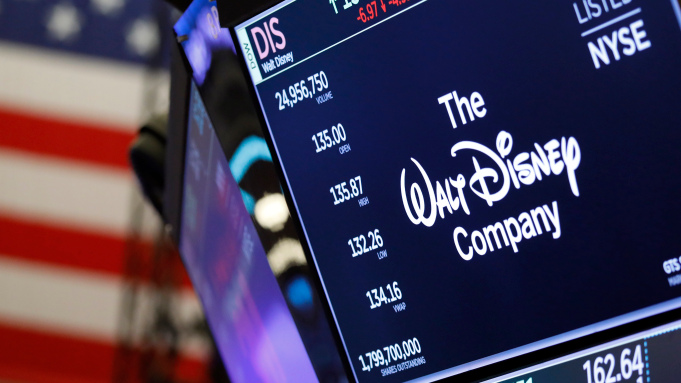

Photo Credit: AP Photo/Richard Drew, File
We’ve reached that point with society. The under-30 crowd has demonstrated remarkable activism and tolerance.
Their leadership has pressured Wall Street corporations to adapt to the changing times.
The 18-49 demographic remains the most financially lucrative one, and that’s why their opinions always matter most in business.


So, the activism that historically would have gotten ignored or shouted down suddenly carries more weight.
People take note when an organization like Arjuna Capital can bend Microsoft to its will.
With Disney, Arjuna Capital seeks transparency. It’s a growing trend on Wall Street, even though most corporations loathe it.


As the filing notes, more than 20 of the top 100 companies in America participate in these pay equity reports now.
They do so because many of their customers and employees fall within that vital demographic.
In the wake of the Great Resignation, companies must sell themselves more than ever.
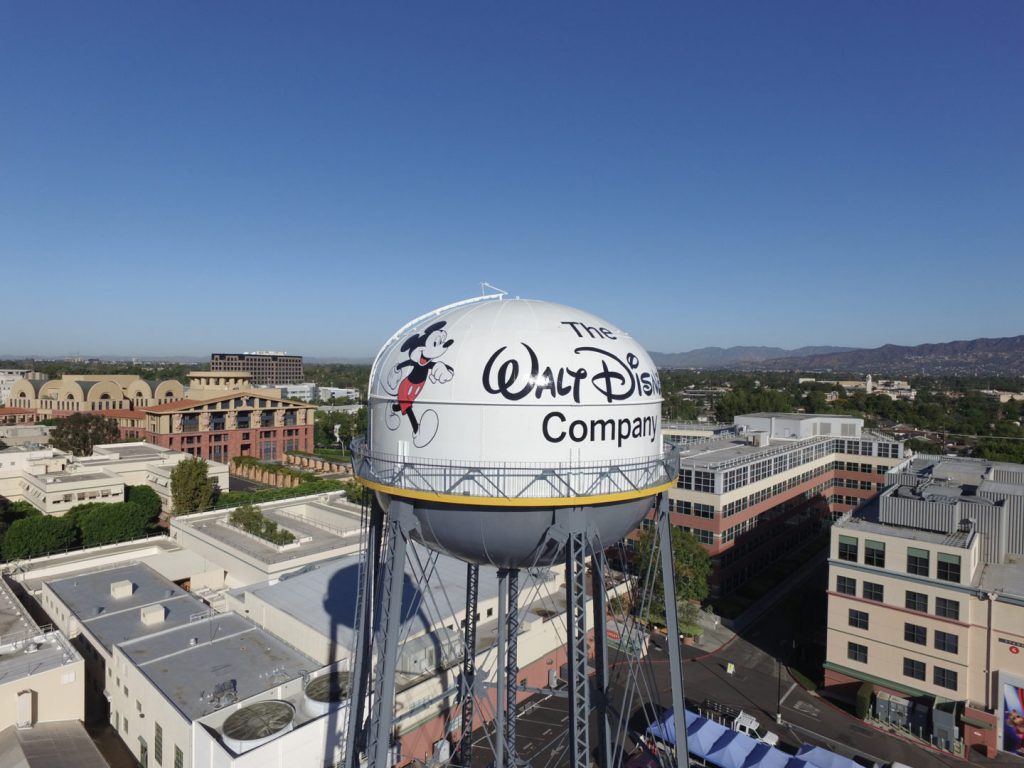

Do you know what doesn’t sell as a concept? Offering the majority of the population 83 percent of the pay of the minority of the population.
For many businesses, these transparency reports have proven a godsend. They reveal addressable discrepancies within the industry.
For all the comments people make about evil corporations, we’ve witnessed historic changes concerning worker treatment over the past decade.


Photo: Disney
Arjuna Capital wants Disney to follow this trend as one of the most revered brands in the corporate world. But will they?
Disney’s Dilemma
I’d like to make this article timeless, but I must include a headline that may prove temporary.
A former NFL head coach named Brian Flores has filed a class-action lawsuit against the league. The underlying issue stems from race.
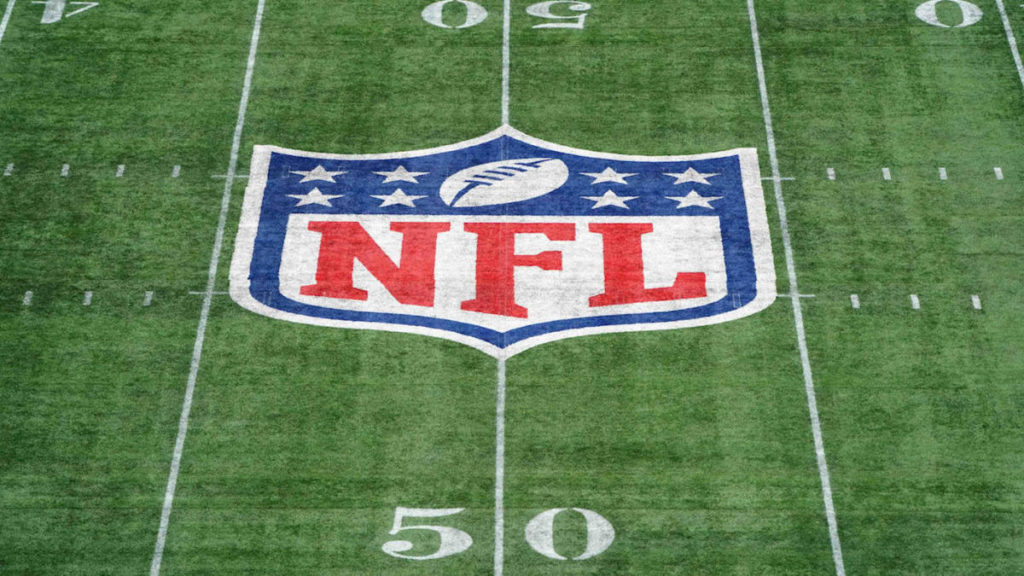

Credit: Mark J. Rebilas-USA TODAY Sports
You don’t need to know much beyond the broad strokes. Roughly 70 percent of the NFL consists of African American players.
At the time of publication – five NFL jobs remain open – only one African American holds the title of head coach. That’s statistically impossible.
Here is Mike Florio of NBC Sports discussing the topic:
Florio’s comments here underscore the challenge Disney faces. NBC Sports airs NFL games each week during the football season. It even has the Super Bowl this year.
Disney’s flagship cable channel, ESPN, has attached itself to the hip of the NFL.
This inflammatory accusation from Flores makes Disney appear guilty by association.


Image: Joe Faraoni/ESPN Images
As a reminder, no company on this planet works harder to champion tolerance the way that Disney does. It’s even the company’s newest of the Five Keys.
Disney relishes and encourages diversity in all forms. However, despite this fact, Disney hasn’t released any data regarding its pay rates and hiring practices.
I suspect that Disney hasn’t done this due to a broader issue. Instead, the company has eschewed transparency under Bob Chapek and arguably even under Bob Iger.
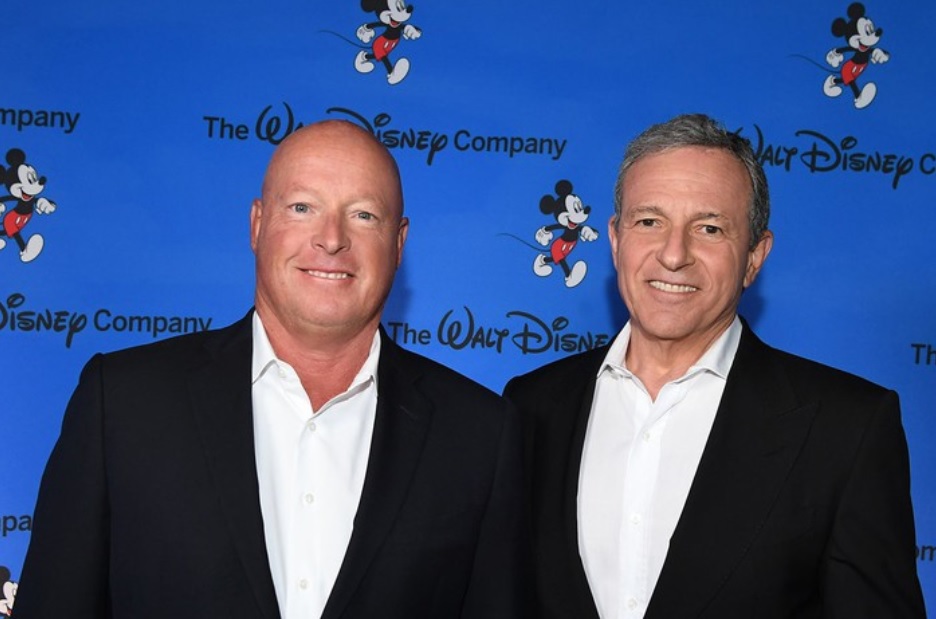

Photo: Disney
We’re not talking about a business that’s forthcoming about its ventures.
Disney settled a lawsuit with Scarlett Johansson by cutting an eight-figure check rather than open its books during the discovery phase.
Leadership at Disney has demonstrated its priorities. Disney refuses to cede any potential competitive advantages via transparency.


Source: @theblackwidow
What Will Disney Do?
The filing provides its own justification for Disney shareholders voting in favor of the proposal. It’s as simple as this:
“A 2019 study cited in the Harvard Business Review found that wage transparency, in countries that mandate it, narrowed the median wage gap.”
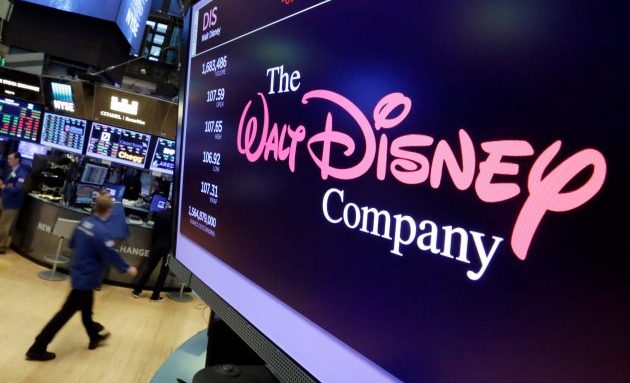

Simply stated, the data proves that pay equity reports work. When employers face the statistics, they appreciate the problem and work to solve it.
People are generally inclined to do the right thing. But, sometimes, we merely need the right thing pointed out to us first.
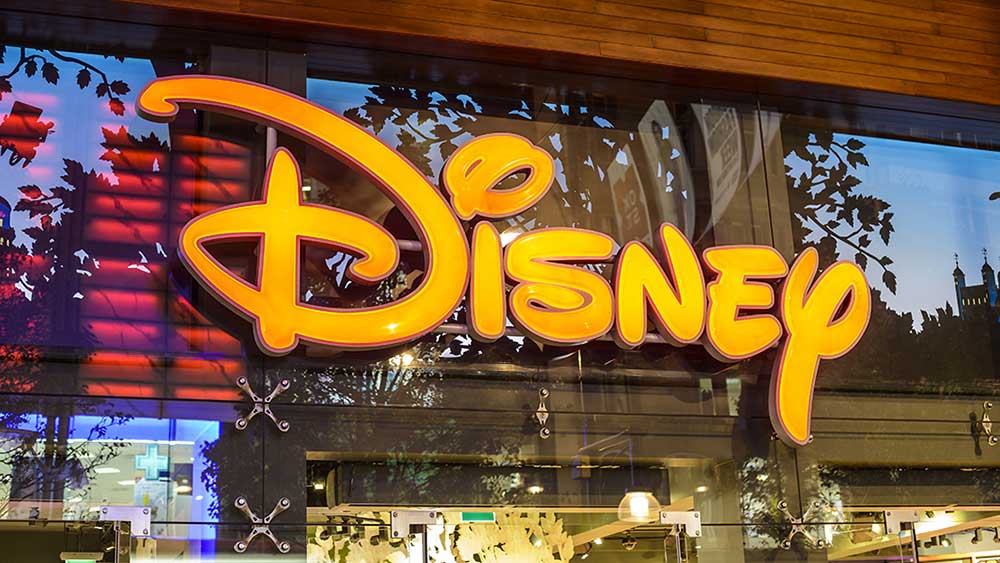

However, Disney can point to several initiatives while arguing such a report isn’t necessary.
The company frequently trumpets its prioritization of diversity, equity, and inclusion. It DOES publish some representation intel, just nothing elaborate.


As always, Disney errs on the side of caution with its data presentations, offering chestnuts that sound good rather than going into full detail.
This time, I’d hope that shareholders align with Arjuna Capital to pressure the company into doing the right thing.


Photo: Walt Disney World Cast and Community
Given Disney’s hiring practices, it employs a plethora of women and minorities. These people deserve to know how their pay matches up.
If inequalities exist that again favor white men, a pay equity report will reveal this problem. Then, Disney’s leadership can work to correct it.


I’m honestly not expecting that to happen, but Disney’s historically proven forward-thinking on social issues. Pay equity is one that matters.
Plus, Disney can prove it’s different and better than its cohort, the NFL, by providing transparency here.










